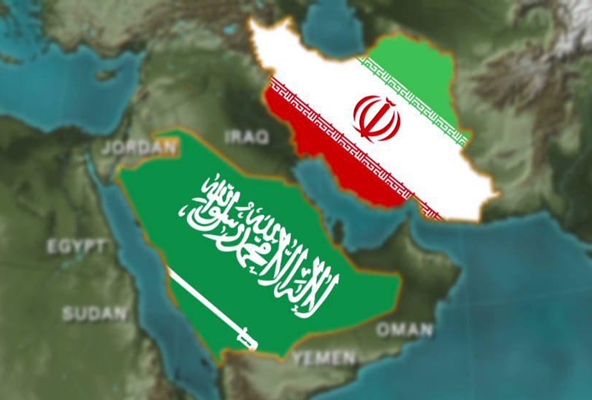The newspaper, in an op-ed by senior expert Kamal Khalaf, says this is not the only gateway to look at other cases that are no less important than water safety and maritime security. The Yemen case is at the forefront of issues that will be raised during the Iran-Saudi negotiations.
“It is clear that Saudi Arabia is preparing proper grounds for stopping the war on Yemen and seems to have been able to convey a message to Tehran via a secret channel that the end of the war should be in a way that Riyadh would not be shown as a failed party. This is the main request of Riyadh, and considers it a crucial issue for negotiating with Tehran. Apparently, the changes the UAE has made to its role in Yemen are also affecting the Saudi position, and it is reported that the discrepancy these days between Saudi Arabia and the UAE is due to the UAE’s new stance on Iran and the war in Yemen,” he is quoted as saying by Rai al-Youm.
Khalaf goes on to say what reinforces this view is the devastating battles in Aden between the UAE-backed transitional council and the Saudi-backed Mansur Hadi forces.
“While the Emirati officials are questioning the legitimacy and competence of Mansour Hadi, the Dubai police chief, Dhahi Khalfan, in his Twitter account, has directed harsh criticism at Hadi, stating that a real commander cannot, from inside the hotel room, won the victory. But in the meantime, we need to consider the depth of the relationship between Riyadh and Abu Dhabi, as well as the close personal relationship between Bin Zayed and Bin Salman, to say with certainty that Abu Dhabi is, above all, an indirect communication channel between Riyadh and Tehran and its entire move are coordinated with Riyadh.”
However, one can play a better role in this regard, and there is no one better than Russian President Vladimir Putin, who has a close relationship with Bin Salman and Iranian politicians. For this reason, if the right channel is chosen to convey the message between Riyadh and Tehran, Russia is the best option, underlines Khalaf.
Riyadh has always been one step behind Abu Dhabi in changing policies and dealing with crises and different cases, and this was clearly seen in the UAE’s move to resume diplomatic relations with Damascus, while Saudi Arabia initially hesitated. According to our assessments, Riyadh’s hesitation will end soon, and the Saudis will take a major step toward establishing ties with Damascus and negotiating with Iran, concludes Khalaf.
